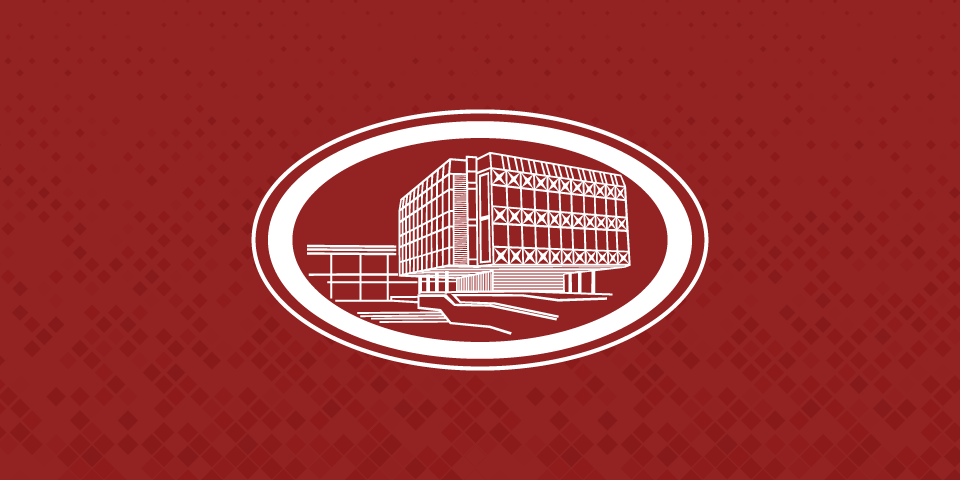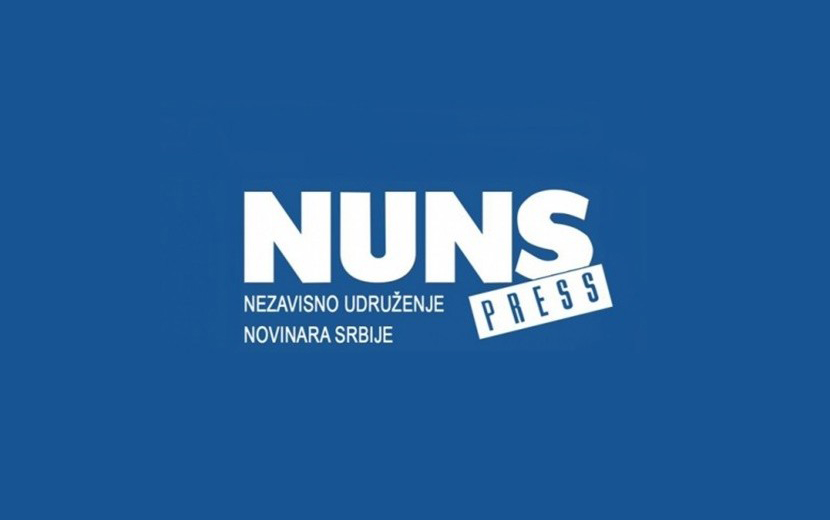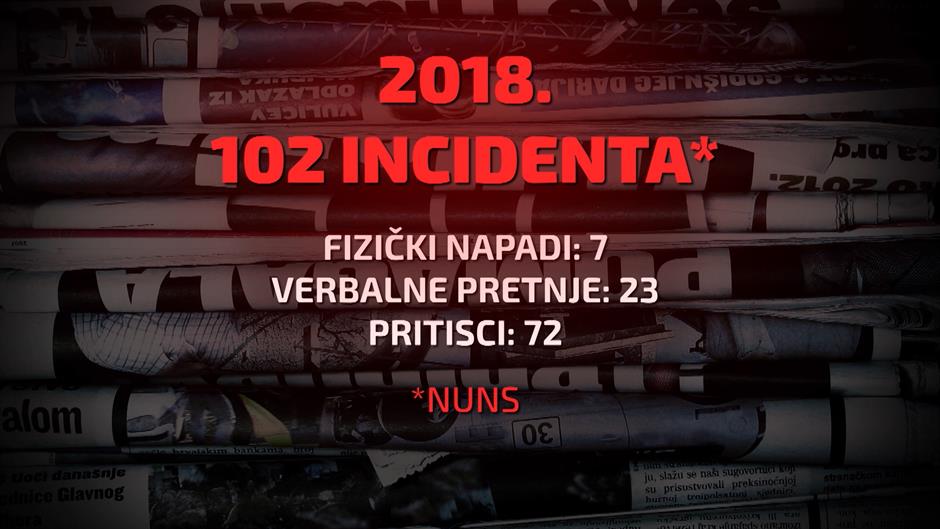SARAJEVO, 31.01.2019.-Local media houses have great influence and impact over the general public audience, particularly in local communities. Media houses should be free, independent and objective and should stand and represent required pre-requisites, as one of the fundamentals, for this kind of reputation is the transparency of media ownership structure.
However, insufficient and poor marketing possibilities, including financial dependability represent key obstacles that local media houses are facing at the moment, which altogether results in the decline of media program quality.
Above mentioned quality entail the issue of fair play in this “market game”, but also, through commercial advertising, includes the approach and way of how certain subjects should be analyzed, which again would eventually enable us to have better understanding of ownership structure and relationship or at least to determine the impact by certain political structures and business groups (both public and private) that have been influenced by powerful political centers.
Media market crisis produces professional journalism crisis and discredits the social role of media as well. Long – term problems in media market caused the increase in unemployment rate, as far as professional journalism is concerned, which additionally resulted in the decline of information and after all, this issue questioned the function that media houses have or should have in the democratic processes.
From financial to editing dependence
Commercial media houses mostly manage to sustain in the market, due to commercial marketing activities which include slightly different approaches, where the quality of professional journalism is diminished bearing in mind that such media houses are usually biased towards mainstream and general public opinion.
During the present time, a major discourse in the media field is considered as dominant, attracting thus, a significant number of consumers of this kind of information without more powerful standard and criteria, and accordingly, marketing industry follows these kinds of contents considering them as relevant (in terms of number of visitors), listening or reading audience rates, particularly the number of visits as far as portal scene is concerned.
The following question arises: How can positive business operations and activities be attained in media houses if media owners and entrepreneurs obey their legal duties, as far as social rights of media employees (journalists) are concerned?
Jurica Gudelj, editor one of the oldest websites in BiH believes that possibilities of positive business turnovers, under the above-mentioned circumstances, are minimal, but yet feasible. He admits that it is hard to run a reliable, stable and self-sustaining business. “Dnevnik.ba” is market – directed and aimed media house and the significant amount of finances in this house comes from the marketing; therefore there is a list of subjects that influence and make significant impact on media houses, however, it is up to journalists and editors to resist such behavior”, claims Gudelj.
The leasing of public media space (room) by political parties is particularly interesting during the pre-election campaigns because we could then thoroughly analyze political influence over certain media houses and in specific media space (room). “Media financing makes an absolute impact on reporting way and editing policies”, claims Dragisa Sikimic, the founder and chief-in-editor of “Moja Herzegovina”, local and popular web site. “Most significant financing sources of “Moja Herzegovina” (local web site), consists of grants/projects (almost 90% of financial sources), and marketing (around 10%).
It is difficult to, at the same time, be present in the market and also sustainable in terms of finances, because small size media houses require fieldwork activities, engaged and socially responsible journalism which is, at the same time, most expensive and costly solution”, commentated Sikimic. The free market should be independent in terms of power centers and political influences, and editing independence should be advanced by having professional journalists engaged and ensuring financial independence.
Pay and Create!
The quality of work is no longer an imperative, but instead, the core content that would attract more and more audience which is eventually narrowed to spectacular – based headlines and events that are attractive to present – day consumers.
Identifying and recognizing “fake news”, has become more and more difficult; there are many sponsored articles and texts and they are not marked as such texts in comparison with responsible media work, signed personally by the authors of such texts. Media products lose the core of their genuine information and generally, loses its quality, which additionally encourages the migration of audience into internet field, where these contents, with weaker quality, are at least available free of charge. “The influence of non-registered websites with no Impressums as far as the public audience is concerned is double – sided; on one hand, such media have the possibility of acquiring and accomplishing their short –term aims and agendas.
On the other hand, from the long – terms distance point of view, such projects cannot remain sustainable, because the public is after all, about cleaver and intelligent people who want to know about the authors of texts and articles they read”, stated Gudelj. Today, we have the domination of the alliance between the readers and advertisers. Journalists are required to create “pleasant environment for commercial advertisers”, and this shall exclude analyzing serious issues and topics.
Media houses are completely biased towards commercial advertisers, and journalists have absolutely no impact over this issue. Commercial advertisers, unfortunately, thus manage to buy significant protection from media headlines and highlighted titles. the problem of eliminating political influence, however, it is estimated that the audience is surely capable of identifying and recognizing an independent content.
“Clear, obvious and sustainable work can be recognized by editing policies, authenticity, and hard and dedicated work”, claims Sanja Bjelica – Sagovnovic, chief-in-editor of “Dnevni list”. According to contents, structure, information and news and approach to certain topics, we may be able to determine the influence of political groups and business subjects. Bjelica Sagovnovic claims that “the situation in entire BIH is not good, and the situation in media houses.
Interest by a certain age – groups and different ethnic groups ae being neglected and media houses thus lose their connections with media market and general public audience, becoming thus therefore subject to political influences and state and public institutions. In most cases with local media houses getting involved the situation and case is that he who pays shall create the program content; instead of having media houses whose primary task should be the production and manufacturing the content that shall be considered important for general public and that fulfil and met public criteria.
This text is a part of E-Bulletin– eighth edition of special serial of BHN online bulletin implemented through the “Media and Public Reputation” (origin. “Mediji i javni ugled”) project, also representing a contribution to public debate regarding the transparency of media ownership and upholding and encouraging the passing of set of laws aimed to advance media field and information market in BiH.


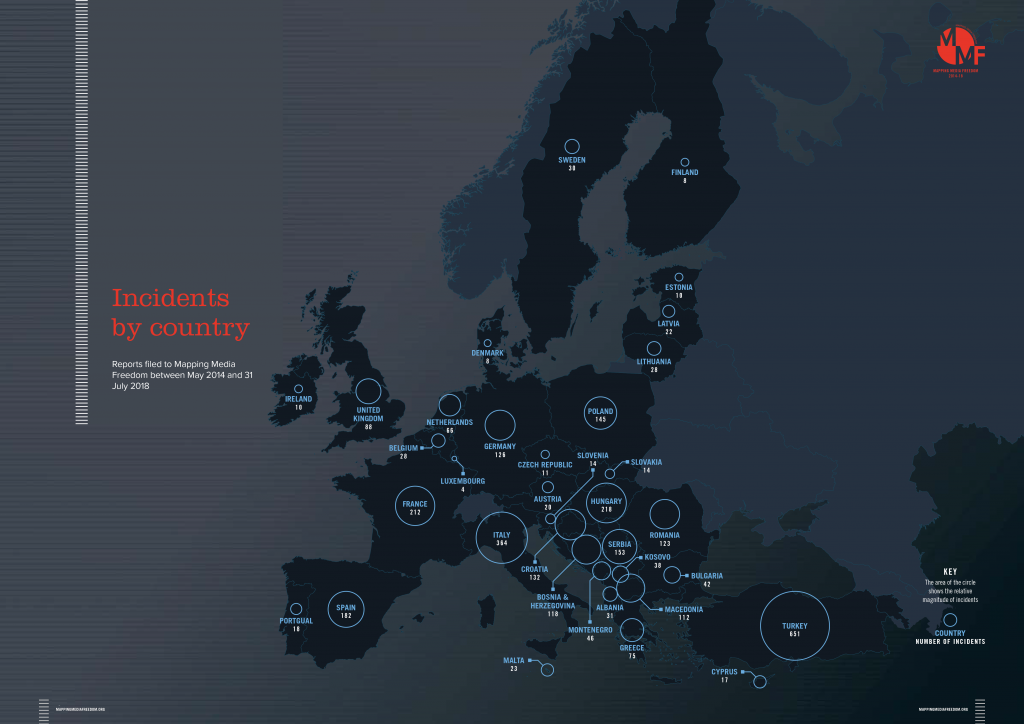


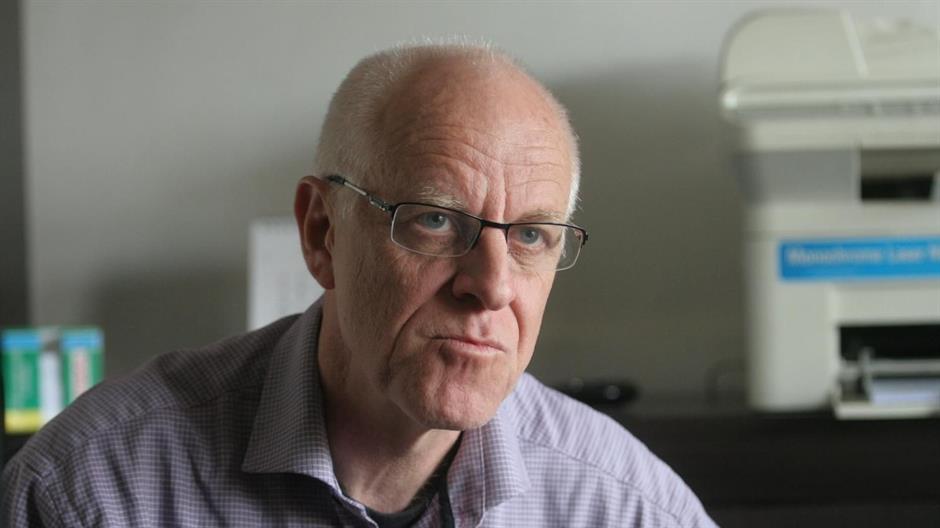
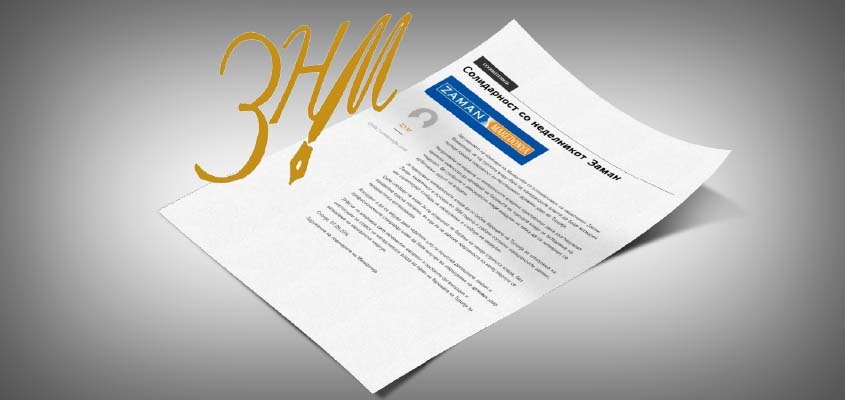
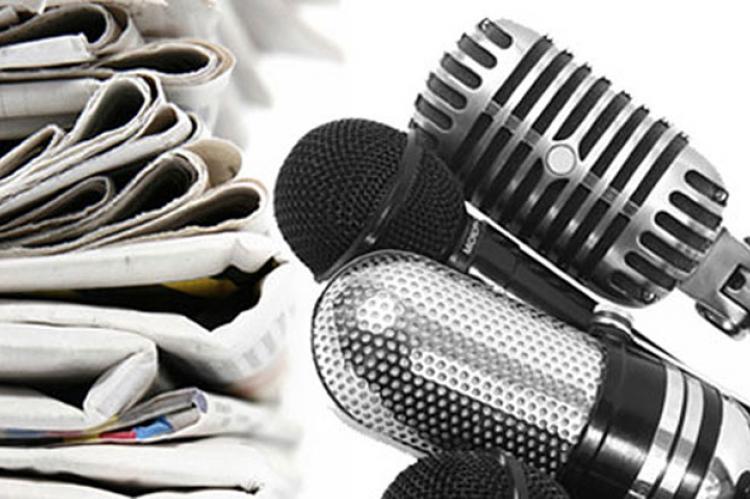
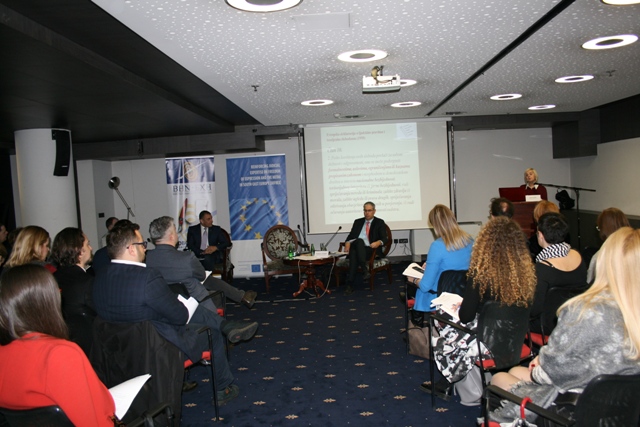
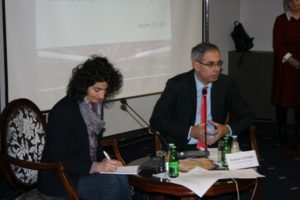 Opening a conference of Head of the Council of Europe Office in Sarajevo Drahoslav Štefanek stressed the importance of cooperation between two professional communities – the judiciary and the media, to protect the freedom of expression. He particularly emphasized the security issue of journalists while performing professional tasks. Security of journalists is a global problem and it is not a feature for BiH alone, on which all government institutions need to work more” said Ambassador Štefanek, reminding of the
Opening a conference of Head of the Council of Europe Office in Sarajevo Drahoslav Štefanek stressed the importance of cooperation between two professional communities – the judiciary and the media, to protect the freedom of expression. He particularly emphasized the security issue of journalists while performing professional tasks. Security of journalists is a global problem and it is not a feature for BiH alone, on which all government institutions need to work more” said Ambassador Štefanek, reminding of the 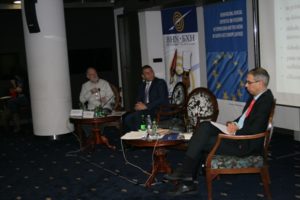
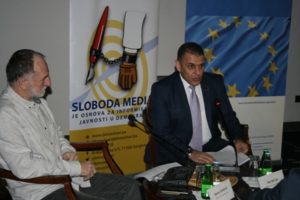 Political Advisor to EUSR / EUSR in BiH Shad Matar said that freedom of speech has always been an important issue not only in BiH, but throughout the world, but freedom of the media can not exist without an independent judiciary. „The level of freedom of expression is proof of how demanding this country is, so the most worrying statistics is that the attacks have not been eradicated.“, considers Matar adding that conferences and projects like this are needed in order to create a democratic society.
Political Advisor to EUSR / EUSR in BiH Shad Matar said that freedom of speech has always been an important issue not only in BiH, but throughout the world, but freedom of the media can not exist without an independent judiciary. „The level of freedom of expression is proof of how demanding this country is, so the most worrying statistics is that the attacks have not been eradicated.“, considers Matar adding that conferences and projects like this are needed in order to create a democratic society.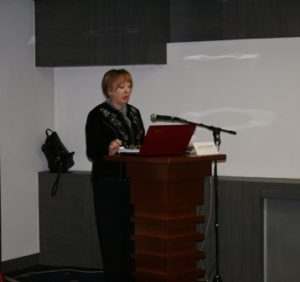
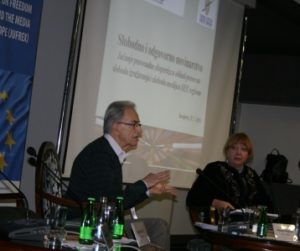 Media expert and lawyer Mehmed Halilovic believes that dialogue between the judiciary and the media is indispensable, but that it will not advance the reputation of any other, but only independent and responsible work. “Unfortunately in both professions we have a lot that does not contribute to a positive public reputation and only when we begin our work conscientiously we can say that we have made some progress”, emphasizes Halilovic, adding that BiH has done significant work in the field of media legislation, but it is as always a problem of implementation and the lack of new laws such as the Law on Transparency of Media Ownership and the Advertising Act.
Media expert and lawyer Mehmed Halilovic believes that dialogue between the judiciary and the media is indispensable, but that it will not advance the reputation of any other, but only independent and responsible work. “Unfortunately in both professions we have a lot that does not contribute to a positive public reputation and only when we begin our work conscientiously we can say that we have made some progress”, emphasizes Halilovic, adding that BiH has done significant work in the field of media legislation, but it is as always a problem of implementation and the lack of new laws such as the Law on Transparency of Media Ownership and the Advertising Act.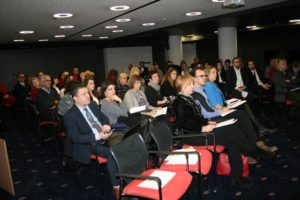 Journalists, lawyers, prosecutors, judges and representatives of civil society organizations concluded in the final plenary session that both communities, media and judiciary, have to respect the standards of both professions much more and that the forms of communication and the continuation of joint education and inter-professional dialogue are necessary. They also recommended: naming a media Ombudsman, strengthening the Fund for representing journalists before Courts, the amendment on the Criminal Code in Entities and at the State level for the introduction of the criminal offense of “Attacks on Journalists and Endangering Security” while performing professional tasks and improving the application of the practice of European Court for Human Right in the processing of acts of defamation, as well as the stronger fight of media community against hate speech in public space.
Journalists, lawyers, prosecutors, judges and representatives of civil society organizations concluded in the final plenary session that both communities, media and judiciary, have to respect the standards of both professions much more and that the forms of communication and the continuation of joint education and inter-professional dialogue are necessary. They also recommended: naming a media Ombudsman, strengthening the Fund for representing journalists before Courts, the amendment on the Criminal Code in Entities and at the State level for the introduction of the criminal offense of “Attacks on Journalists and Endangering Security” while performing professional tasks and improving the application of the practice of European Court for Human Right in the processing of acts of defamation, as well as the stronger fight of media community against hate speech in public space.